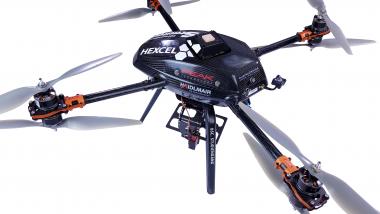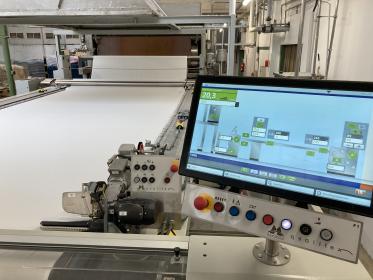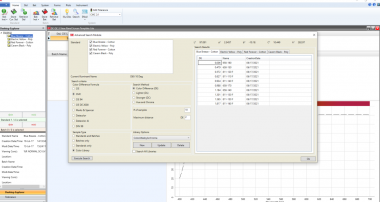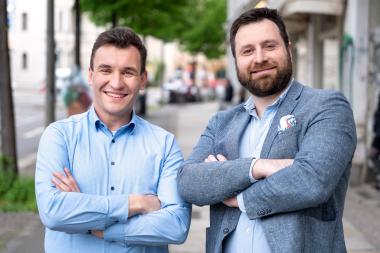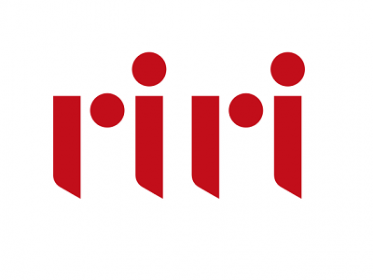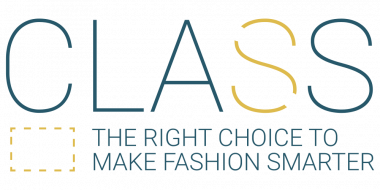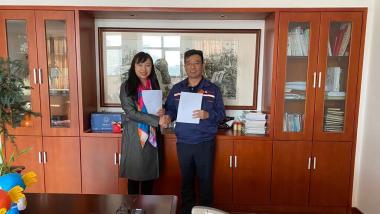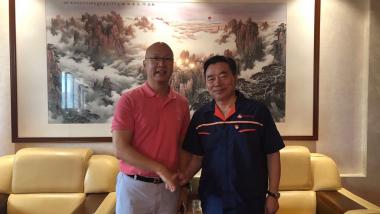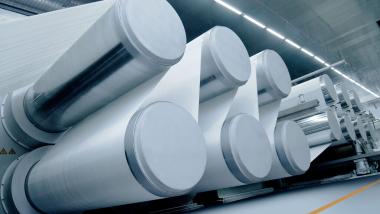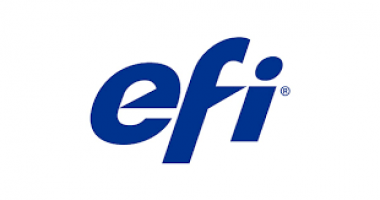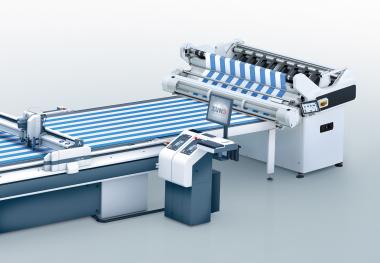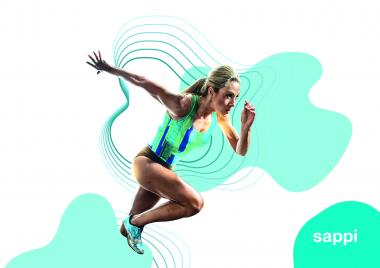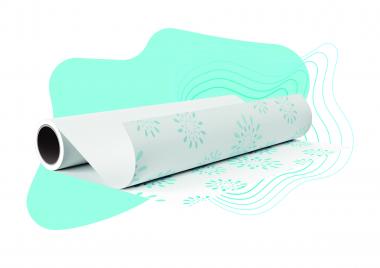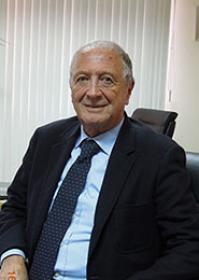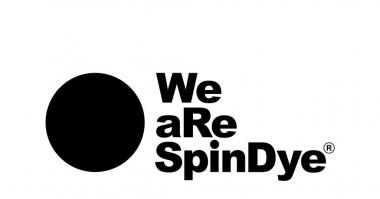Hexcel showcases Carbon Fiber Prepreg Capability for UAV Applications
Hexcel, a global leader in advanced composites technologies, announces the successful maiden flight of a lightweight camera drone, developed using Hexcel HexPly® carbon fiber prepregs. The composite drone was developed by a team of students from the University of Applied Sciences Upper Austria in Wels with composite materials supplied by Hexcel Neumarkt in Austria.
A team of six students in the university’s lightweight construction and composite materials course was responsible for the complete design, engineering, and manufacture of the camera drone over a period of 18 months. Hexcel materials and optimization of the composite engineering enabled the team to reduce the composite structural mass by an impressive 42% compared to similar drones.
Hexcel Neumarkt was one of eight industrial partners supporting the university team throughout the project, providing all carbon fiber prepreg materials used for the drone’s landing gear as well as the fuselage. The ultra-lightweight 32g landing gear was laid up and cured in the press, whereas the fuselage was autoclave cured by the student team using Hexcel HexPly M901 and HexPly M78.1 prepreg resin systems with a combination of woven and unidirectional carbon fiber reinforcements.
With the development of Unmanned Aerial Vehicles (UAV) as a key emerging market and innovation space in the transportation sector, Hexcel’s collaboration with the University of Applied Sciences Upper Austria team not only creates an important link with the next generation of lightweight composite engineers but also highlights the weight saving and structural benefits of Hexcel composite material solutions.
"The massive weight saving achieved with their updated version of the camera drone is a fantastic achievement by the student team," said Michael Rabl, Dean of FH Wels of the Upper Austria University of Applied Sciences. "The joint study not only illustrates the wide range of complex and innovative composite techniques present in the drone sector but also presents the opportunities that exist for further development in the wider Urban Air Mobility (UAM) and aerospace composites markets.”
Hexcel congratulates the project team which includes Lukas Weninger, Karl-Heinz Schneider, Jakob Schlosser, Matthias Thon, Marla Unter, and Simone Hartl on an exceptional piece of lightweight composite design and thanks them for showcasing the contribution of Hexcel materials with a presentation and drone flight. Johanna Arndt, research and technology group leader at Hexcel Neumarkt, said, “It was a great pleasure to work with the team who were very cooperative and self-motivated to succeed. Watching the drone just fly around the Neumarkt plant was just great.”
Hexcel manufactures a complete range of carbon fibers, dry carbon UD tapes, specialty reinforcements, prepregs, and honeycomb core materials, providing customized manufacturing options for new UAM applications that combine aerospace reliability with the high-rate production required. Hexcel composite materials are the ideal solution for the lightest and most efficient cost-competitive transportation vehicles of the future.
Hexcel Hexcel Neumarkt Hexcel’s HexPly® carbon fibers Composites specialty reinforcements aerospace
Hexcel Corporation / 100% Marketing


